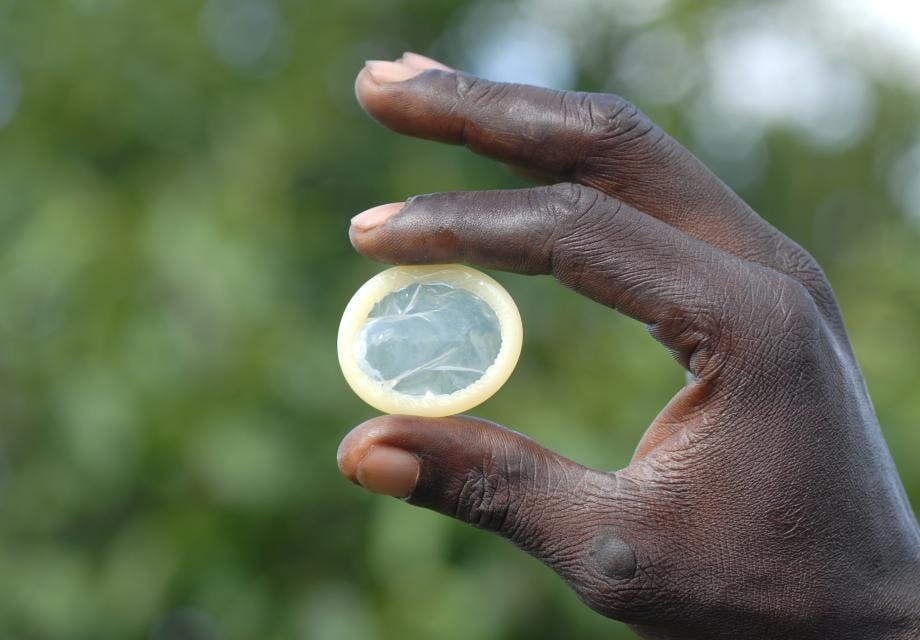How does sex workers’ knowledge of HIV affect their behaviour?
Hester Phillips
14 September 2022
Ethiopian study with women who sell sex found two-thirds had good knowledge of HIV and practiced HIV prevention, such as using condoms and getting tested
An Ethiopian study with women who sell sex suggests most practice safer sex, get tested for HIV and do not share injecting equipment. But younger sex workers and those with less knowledge about HIV are less likely to do these things.
What is the research about?
Whether women who sell sex practice three key HIV prevention strategies, and the reasons why. The strategies were using condoms, not sharing injecting equipment and taking HIV tests.
Researchers surveyed or interviewed 449 women in Dima district, Gambella region, Ethiopia. Around 40% were aged 16–19.
Why is this research important?
Women who sell sex are 30 times more likely to get HIV than women who do not. It is important to understand how sex workers’ knowledge of HIV and HIV risk affects whether they practice HIV prevention.
What did they find out?
Two-thirds (65%) practiced HIV prevention strategies.
Almost all (95%) had taken an HIV test in their life. Around three-quarters (76%) had tested in the past three months.
Around two-thirds (64%) had used a condom every time they had sex in the last six months. Around 86% had not shared injecting equipment in the past six months. (The study did not provide data on how many participants injected drugs.)
Around two-thirds (64%) of those interviewed had good knowledge about HIV.
The following things were linked with practicing HIV prevention:
- having good knowledge of HIV
- being 25 or older
- having a positive attitude towards HIV prevention
- being self-efficient (someone who is willing and able to act in their best interest)
- feeling able to access HIV prevention services.
What does this mean for HIV services?
The finding on age might be because younger women who sell sex face greater stigma and discrimination from health service providers. It could also be linked to younger women lacking knowledge about HIV. This shows how important it is to work with younger sex workers to design and provide HIV information and services that other young sex workers will engage with and trust.
The findings show that sex workers will practice safer sex, get tested for HIV and not share injecting equipment if they have good knowledge about HIV and can access prevention services. Again this relies on the services and information that is available being stigma-free and welcoming. This might also be reflected by the finding that women in the study who felt negatively about HIV prevention were less likely to engage in safer behaviours, as these negative attitudes could be linked to bad experiences with service providers.
The fact that self-efficacy affects whether a woman who sells sex will practice HIV prevention is also important. This suggests that supporting sex workers who have low self-belief to feel more confident and in control of their lives could help them make different decisions when it comes to HIV prevention.
Get our news and blogs by email
Keep up-to-date with all our latest news stories and blogs by signing up to the Be in the KNOW news digest.
